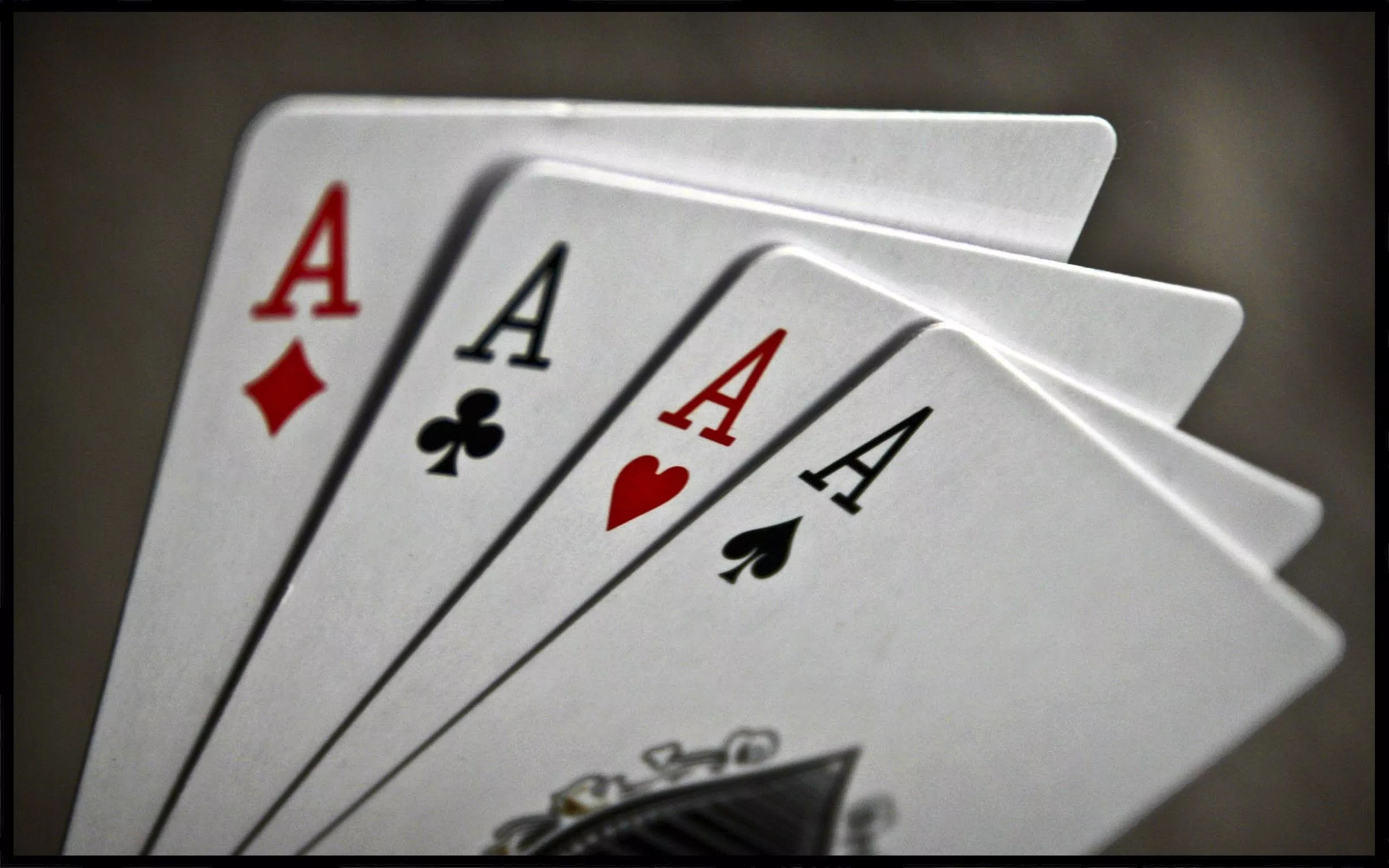
BillDjango29, CC BY-SA 4.0, via Wikimedia Commons

Audio By Carbonatix
As a battle continues over the legality of poker rooms in Dallas, the businesses are operating without a hitch in other cities in the state, including right here in North Texas.
Texas Card House has been operating in Irving since May 2023, CEO Ryan Crow told the Observer. While he had to get approval from the Irving City Council before he could open up shop, Crow said business has been smooth in the city. Irving is the only city where Texas Card House operates that required city council approval before opening. But the hardest part was getting approval from the Las Colinas Association in Irving to put up signs advertising the business, which happened only recently.
“It really wasn’t that bad,” Crow said. “I hate to say it, but it was much easier than what we went through in Dallas.”
Pushback from the City of Dallas
Texas Card House was ultimately allowed to open in Dallas a few years ago, “but then, of course, things changed,” Crow said.
Dallas granted Texas Card House a certificate of occupancy to operate the city’s first poker room in 2019. Everything was going fine at the club until 2021, when the city revoked its certificate even though nothing had changed about the business. The same thing happened to another club called Shuffle 214. Both clubs appealed this decision to Dallas’ Board of Adjustment and got their certificates back. Then, the city sued its own Board of Adjustment over that decision, claiming the board abused its power.
“I hate to say it, but it was much easier than what we went through in Dallas.” – Ryan Crow, Texas Card House
In November 2022, District Judge Eric Moyé ruled in the city’s favor, saying the board had abused its power when it returned the certificates of occupancy to the poker clubs. This decision was appealed, and the case has been sitting in appeals court ever since, Crow said. The poker rooms have been operating in the city throughout this time, and Dallas has spent hundreds of thousands of dollars trying to resolve the case. Dallas has also kicked around a few ideas for how to allow the poker rooms to stay in the city. However, these ideas were so restrictive, some said it woud be hard to open up a poker club in the city at all.
Meanwhile, it’s been relatively easy to open locations in cities like Austin, Houston and Irving.
How Are Poker Rooms Legal in Texas?
All of Texas Card House’s locations in the state operate under the same business model. They run as private clubs that charge membership fees to play poker. You have to pay to play – that’s how the club makes money, but the house doesn’t take a cut of the bets.
Crow said his lawyers looked at the Texas penal code and identified three criteria that some argue make poker clubs legal in the state. First, the games have to be in a private place. Second, everyone has to have a fair chance of winning. “So, there’s no Blackjack. There’s no roulette,” Crow said. “There’s none of the house-type games, only player versus player.” The third criterion in question, and this is the controversial one, is that there can’t be an economic benefit.
“That’s the one that tends to get people the most tripped up and people are the most divided over,” Crow said. The question is whether this should be applied to any economic benefit from anything going on around the game (like membership fees and hourly rates), or just the game itself (such as a rake, where the house takes a cut of the bets).
Some say these three criteria in state law were intended more to protect people playing private games at their homes, not businesses operating as poker clubs. The way Crow sees it, the law means to say that there can’t be an economic benefit from the game itself, meaning membership fees and hourly rates are fine. “So, our argument is ‘Hey, the economic benefit doesn’t extend out into perpetuity. It’s only focused around the actual game itself.'”
Working with Cities
Things seem to be going smoothly for Crow and his business in every city he operates in besides Dallas. He recently expanded into Austin and plans to open another club there. In Houston, a second location has been opened.
“In most of the cities, it’s been very, very positive,” Crow said. “I mean, it’s been almost the opposite of what we experienced in Dallas.”
Crow is still holding out hope that the poker clubs can work something out with the city of Dallas.
“I mean, there are thousands of people in Dallas who want us there,” Crow said. “That [Dallas poker] room is booming. We’re hoping that we can come to some sort of agreement that allows us to continue to operate because we want to be there and a lot of people in Dallas want us to be there. We don’t want to fight. We want everyone to be happy and we want to be where we’re wanted.”